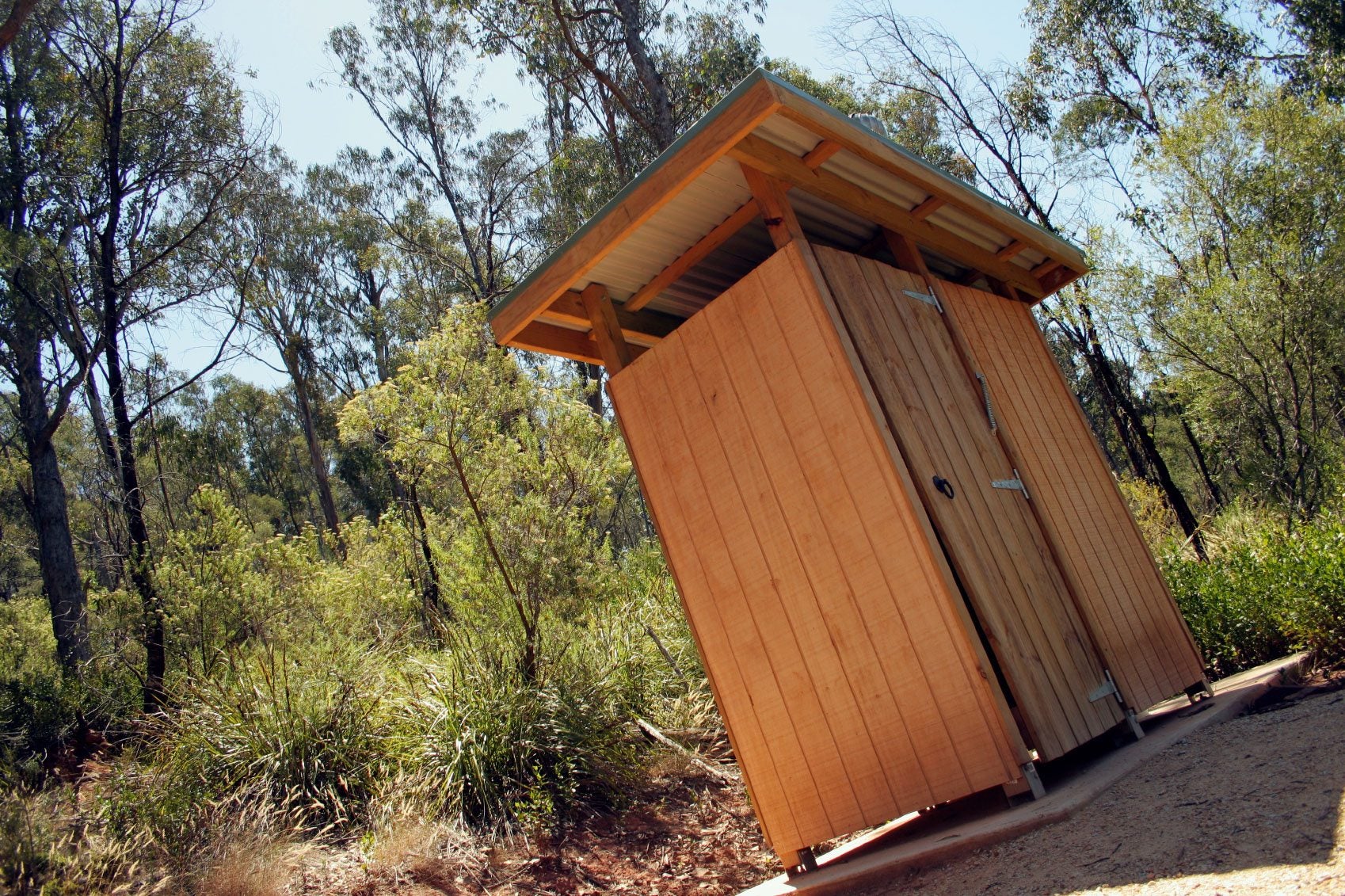Composting Human Waste: Using Human Waste As Compost


In this era of environmental consciousness and sustainable living, it may seem that composting human waste, sometimes known as humanure, makes sense. The topic is highly debatable, but most experts agree that using human waste as compost is a bad idea. However, others believe that human waste composting can be effective, but only when it is done according to accepted protocols and strict safety guidelines. Let's learn more about human waste composting.
Is it Safe to Compost Human Waste?
In the home garden, composted human waste is considered to be unsafe for use around vegetables, berries, fruit trees or other edible plants. Although human waste is rich in plant-healthy nutrients, it also contains viruses, bacteria, and other pathogens that are not effectively removed by standard home composting processes. Although managing human waste at home is generally not sensible or responsible, large-scale composting facilities have the technology to process the waste at extremely high temperatures for extended lengths of time. The resulting product is heavily regulated and frequently tested by the Environmental Protection Agency (EPA) to ensure bacteria and pathogens are below detectable levels. The highly processed sewage sludge, generally known as biosolid waste, is often used for agricultural applications, where it improves soil quality and reduces dependence on chemical fertilizers. However, stringent record-keeping and reporting are required. In spite of the high-tech, closely monitored process, some environmental groups are concerned that the material may contaminate soil and crops.
Using Humanure in Gardens
Proponents of using humanure in gardens often use composting toilets, which are designed to contain human waste safely while the material is converted to usable compost. A composting toilet may be an expensive commercial device or a homemade toilet in which waste is collected in buckets. The waste is transferred to compost piles or bins where it is mixed with sawdust, grass clippings, kitchen waste, newspaper, and other compostable material. Composting human waste is risky business and requires a compost system that produces a high temperature and maintains the temperature long enough to kill bacteria and pathogens. Although some commercial composting toilets are approved by local sanitation authorities, homemade humanure systems are rarely approved.
Gardening tips, videos, info and more delivered right to your inbox!
Sign up for the Gardening Know How newsletter today and receive a free copy of our e-book "How to Grow Delicious Tomatoes".

A Credentialed Garden Writer, Mary H. Dyer was with Gardening Know How in the very beginning, publishing articles as early as 2007.
-
 Looking For Plants To Give You The Soft And Fuzzies? Try These 5 Fuzzy Leaf Plant Options
Looking For Plants To Give You The Soft And Fuzzies? Try These 5 Fuzzy Leaf Plant OptionsLovers of texture, drama, silver foliage and tactile plants will adore these special sensory garden additions. These fuzzy leaf plant options will leave you all aglow
By Susan Albert
-
 Get Ready For A Summer Of Hummers! Grow These Full Sun Hummingbird Plants and Flowers
Get Ready For A Summer Of Hummers! Grow These Full Sun Hummingbird Plants and FlowersIf you’re lucky enough to enjoy a sunny backyard, make sure you are maxing out on your pollinator opportunities and grow these full sun hummingbird plants and flowers
By Tonya Barnett